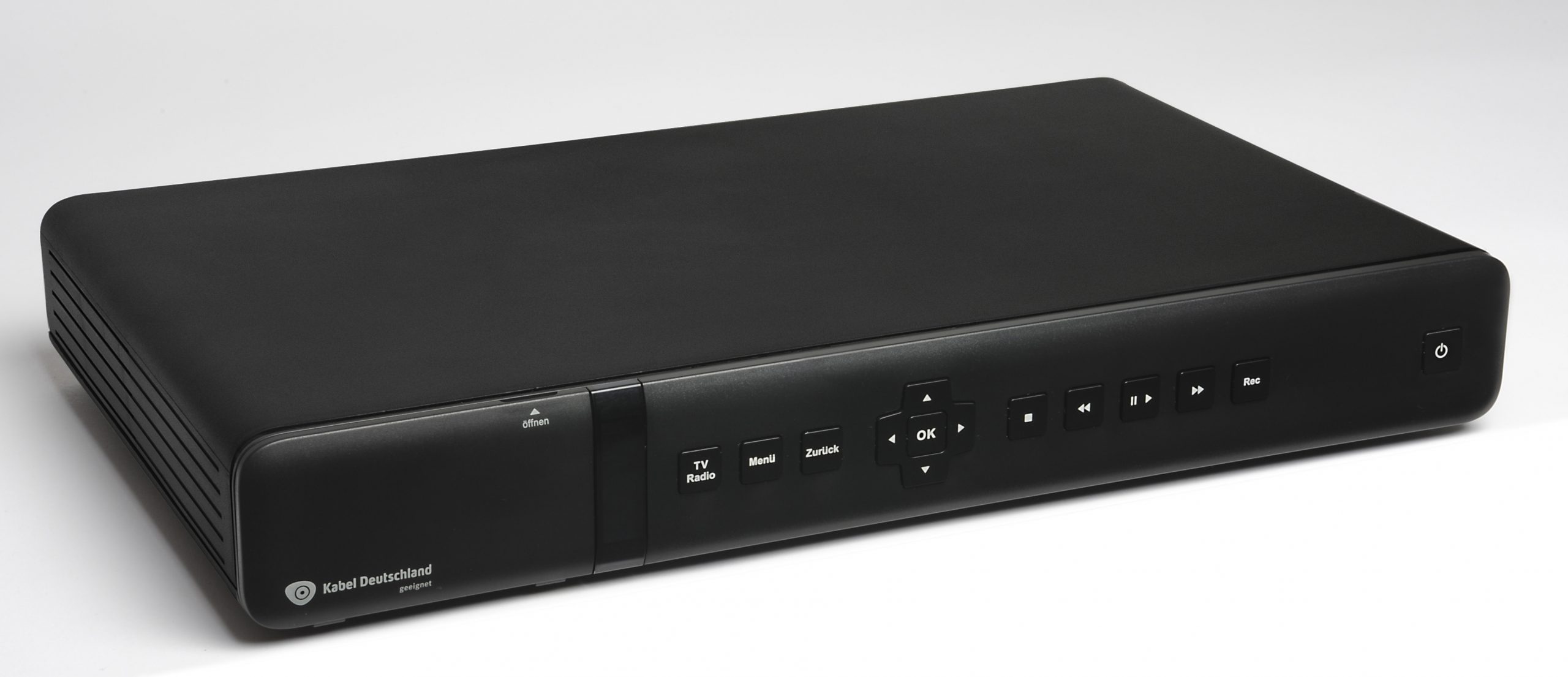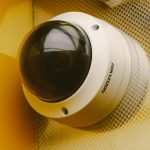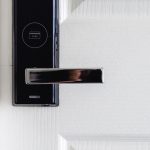When it comes to home security, having a digital video recorder (DVR) is essential. A DVR allows you to record video and take pictures of anyone who enters your home, which can help you catch burglars. But with so many different DVRs on the market, it cannot be easy to choose the right one for you. This blog post will provide you with a guide on choosing the best DVR for your home security needs. By the end of our article you will be an expert in the features you should look for to protect you, your family, and your house.
Define your needs – what are you looking to record, and why do you need a DVR for home security specifically?
Before purchasing a DVR for home security, it is essential first to consider the particular needs of the property in question. What needs to be recorded? Cameras should be set up wherever necessary for optimal surveillance, including entry points such as windows and doors, stairwells, and any outdoor areas that may be accessed.
It is also essential to consider issues related to lighting – nighttime surveillance can be significantly improved by utilizing night vision hardware when setting up a DVR system. Other recording considerations include the selected duration of each video clip, frequency of recordings, and method of recording alerts. Furthermore, knowing the number of cameras and desired display resolution will help identify the best type of system for your home security purposes.
All these factors will ensure that you are adequately protected while saving time and money on your DVR setup. This process will give you the insight needed to make an informed decision when searching for a home security device that meets your individual needs.
Do your research – look up different DVR models and compare their features.
Researching different DVR models can save you considerable time, money, and frustration. When making your decision, there are several factors: price, recording capacity, compatible stations and channels, size, performance capabilities, and more.
Additionally, check to see if the DVR model you’re researching has an overheating protection system—or ask for one released recently with newer versions boasting higher storage capacities and improved performance than their predecessors. Make sure that whatever model you choose is compatible with your existing hardware setup – if not, you may have additional costs or need to buy new hardware.
Ask customer service representatives for personal recommendations to help narrow your selection before purchasing. By taking the time to do thorough research before buying a DVR model, you will end up with one best suited for all of your needs.
Consider your budget – how much can you spend on a DVR for home security purposes?

Regarding home security, it’s important to consider both form and function. On the one hand, DVRs can effectively monitor your home and alert you if there are any suspicious activities. On the other hand, they can require a significant investment of money. Therefore, before investing in a DVR for home security purposes, it’s essential to consider your budget.
Consider how much you can realistically afford to spend on a DVR that meets your needs and offers your desired features. If you’re unsure what type of DVR is right for you, consult a professional or do some online research to determine which models will provide the maximum benefit at a cost that fits your budget. Knowing how much money you have available will help you make an informed decision about the kind of DVR that best suits your needs.
Installation process – will you be able to install the DVR yourself, or will you need to hire someone to do it for you?
When it comes to a DVR system, the installation process can either be simple or complex, depending on the complexity of the setup. Generally, standard systems are designed to be installed by anyone who is comfortable following directions and has basic knowledge of electronics.
However, more advanced systems tend to require specialized knowledge and experience – particularly if the system needs to be interfaced with other components in your home. As a result, it is crucial to understand what skills are necessary for a successful installation before making a purchase. If you do not have the required skill set, it may be best to hire someone who does to ensure a smooth and trouble-free setup process.
Doing so will help you get up and running quickly without worrying about additional hassles due to failures or delays caused by missteps during installation. Knowing how complex your installation will be can give you insight into whether you should attempt the project yourself or find an experienced installer.
Usage and maintenance – how easy is the DVR to use, and how often will you need to clean or replace parts?
When considering the usage and maintenance of a DVR, it is vital to bear in mind that ease of operation will depend, to some extent, on the feature set of the specific model. Today’s DVRs are generally very user-friendly and require minimal setup—as little as one or two steps.
This ensures almost anyone can begin recording their favorite films, shows, and sports quickly and easily with minimal fuss. When it comes to ongoing maintenance, again, this can vary depending on your model’s features. Simple DVRs may need regular cleaning of disks and ports with plastic precision cleaning swabs; others may not need any maintenance at all.
Most DVRs also need commercial-grade cooling fans to ensure optimal performance without overheating, which should be inspected by qualified technicians every two years or so—generally speaking. However, modern DVRs are designed to last many years while requiring minimal usage and upkeep.
Best DVRs on the market – What options offer the best value for money?
Brands such as Lorex, Swann, Tablo, Armcrest are all well-known for their quality DVRs that offer excellent value for money. Depending on your budget and needs, some of the best DVRs on the market include:
- Lorex 4K Ultra HD 8 Channel NVR System – offers a high-resolution picture with plenty of storage capabilities.
- Swann 8-Channel 5MP Super HD Security System – boasts a wide range of features, including color night vision and facial recognition technology. It is also expandable to up to eight cameras for maximum coverage.
- Tablo Quad Over-the-Air Digital Video Recorder – a top-of-the-line DVR perfect for home security because it has a reliable system with various features, such as recording and streaming capabilities.
- Armcrest 8-Channel 4K Ultra HD Security System – provides incredible performance with its advanced 4K Ultra HD resolution and expandable coverage of up to eight cameras.
These DVRs provide excellent value for money by providing advanced features, reliable performance, and easy installation. Whether you choose one of these models or another brand altogether, it is essential to compare different options and read reviews from trusted sources to find the best DVR for your needs.
Conclusion
If you take the time to consider each of these factors, you will be well to finding the perfect DVR for your home security needs. And remember – once you have your DVR installed, don’t forget to test it regularly to ensure it’s working correctly. Nothing is more important than keeping your home and family safe.
Frequently Asked Questions
What is the best DVR for home security?
The best DVR for home security depends on your budget and needs. Some top models include Lorex 4K Ultra HD 8-Channel NVR System, Swann 8-Channel 5MP Super HD Security System, Tablo Quad Over-the-Air Digital Video Recorder, and Armcrest 8-Channel 4K Ultra HD Security System. These models offer excellent features, reliable performance, and easy installation.
What are the features of the best DVR for home security?
The best DVR for home security should have advanced features such as 4K Ultra HD resolution, facial recognition technology, recording and streaming capabilities, and expandable coverage. It should also be easy to install and maintain and provide reliable performance.
How do I choose the right DVR for home security?
When choosing the right DVR for home security, it is crucial to consider several factors, such as budget, features needed, and ease of installation. Reading reviews from trusted sources is also essential to find the best DVR for your needs.
What are the benefits of using a DVR for home security?
Using a DVR for home security offers several benefits. First, it provides an automated means of monitoring the premises that can be accessed remotely or onsite. It also allows you to store recorded video footage to be reviewed later if necessary. The ability to review and analyze activity captured by the cameras makes it easier to detect and deter incidents such as burglary or vandalism.
How do I set up a DVR for home security?
Setting up a DVR for home security is pretty straightforward. The first step is to choose the appropriate type of DVR based on your budget, needs, and preferences. You then need to connect the DVR to the cameras and mount them in their desired location. Finally, you will need to configure the settings on the DVR and test it to ensure it is working correctly. This setup process can vary slightly depending on the model of DVR you choose. It is recommended to consult your user manual for more detailed instructions on how to install and configure your DVR system.
What are the best practices for using a DVR for home security?
When using a DVR for home security, it is essential to follow best practices to get the most out of your system. First, test your plan regularly and make any necessary changes or adjustments. It is also essential to keep all software up-to-date and use secure passwords on all accounts associated with the system. Finally, it is a good idea to review any recorded footage regularly to detect and deter incidents. These simple steps will help ensure your home security system functions reliably and effectively.
How do I troubleshoot a DVR for home security?
Troubleshooting an issue with a DVR for home security can be tricky, as it is often difficult to pinpoint the exact cause of the problem. The first step is to review your user manual and look for any troubleshooting tips or diagnostic procedures outlined in the document. If this does not help, you may need to contact customer support. Customer support can offer advice or help you troubleshoot any issues with your DVR system. Alternatively, if possible, you may be able to send the unit back for repair or replacement.
How do I upgrade my DVR for home security?
Upgrading a DVR for home security is relatively easy. Take note of the needed features and then look at the available models. To complete the upgrade process, you may require additional accessories, such as cables or storage devices. Once you have gathered all the necessary components, it is usually just a matter of following the instructions provided by the manufacturer to complete the upgrade.
DVR security systems often have an app that can further increase your ability to review footage on demand. Most of the top security systems come with this type of integration so it is something to look for in your search for your best home security system.








2 thoughts on “Best DVR for Home Security: How to Choose the Right One for You”